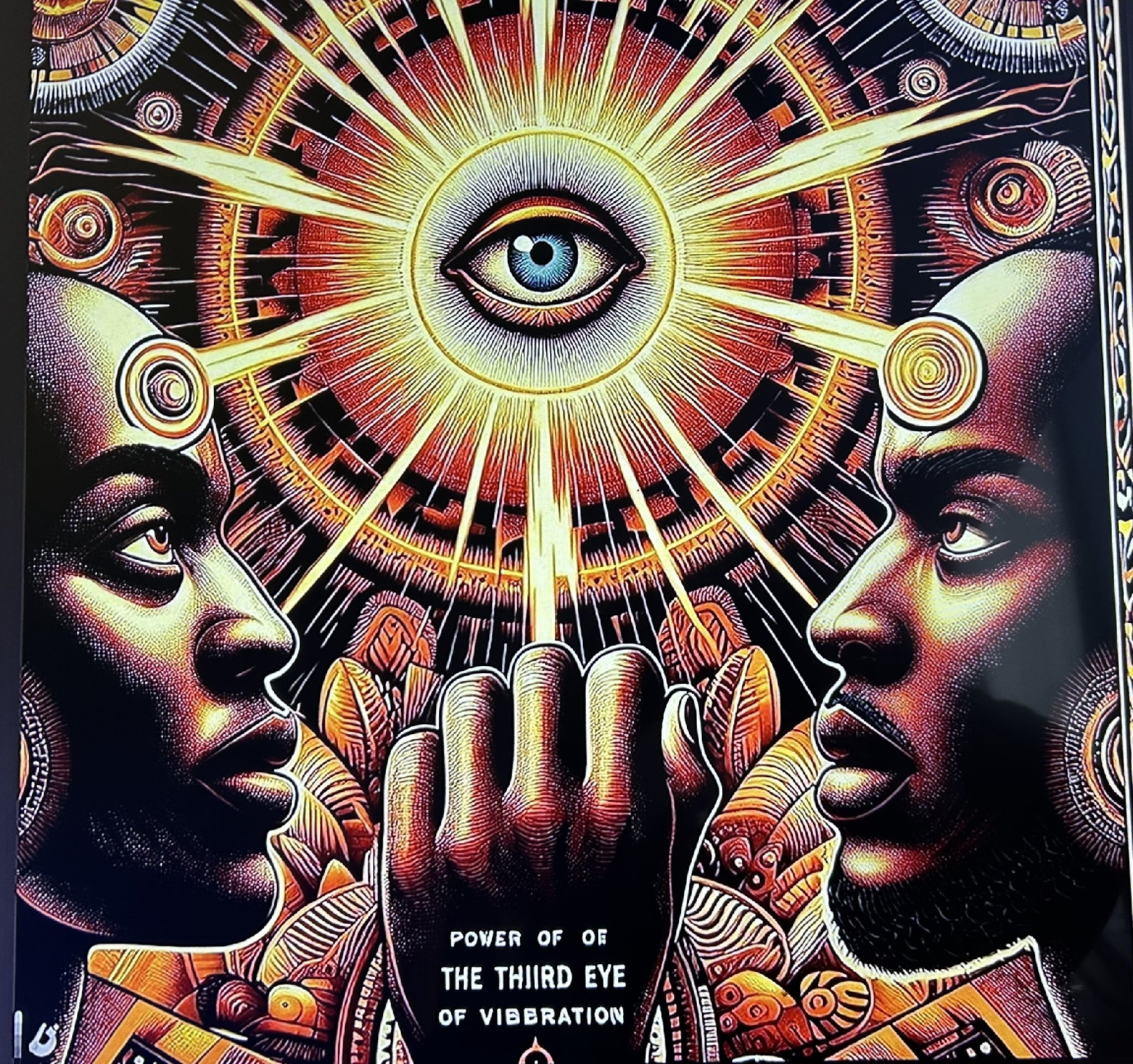Religious Beliefs and The third eyes
In Hinduism, the concept of the "third eye" is associated with Lord Shiva, one of the principal deities. The third eye, often referred to as the "Ajna" chakra, is considered a symbol of higher consciousness, intuition, and spiritual insight.
According to Hindu mythology, Lord Shiva is often depicted with a third eye on his forehead. This eye is said to be a form of spiritual perception beyond ordinary sight. It signifies the ability to see the truth and have a deeper understanding of the universe.
The opening of the third eye is often associated with spiritual awakening and enlightenment in Hindu philosophy. It represents a heightened state of awareness and the ability to perceive the divine reality beyond the physical world. The Ajna chakra is also linked to the idea of inner vision, allowing individuals to see beyond the surface and gain insight into the nature of existence.
In Buddhism, the concept of the "third eye" is not as explicitly emphasized as it is in some other spiritual traditions. However, there are references to a form of inner vision and insight that align with similar ideas.
Buddhism focuses on developing mindfulness, concentration, and wisdom through practices such as meditation. The cultivation of insight, or "vipassana," is central to Buddhist teachings. Through mindfulness and meditation, practitioners aim to develop a deep understanding of the nature of reality, the impermanence of phenomena, and the interconnectedness of all things.
While Buddhism doesn't specifically mention a third eye, the emphasis on insight and heightened awareness aligns with the broader theme of spiritual perception found in other traditions. The goal in Buddhism is often to see and understand the world with clarity, free from delusions and attachments, which bears some conceptual resemblance to the idea of the third eye in other belief systems.
Islam's teachings primarily focus on monotheism, submission to God (Allah), and adherence to the teachings of the Quran and the Prophet Muhammad.
While Islam acknowledges the existence of the unseen, including angels and the Jinn, there isn't a specific emphasis on a mystical or spiritual eye as a means of perception. Islamic spirituality often involves practices such as prayer, fasting, and acts of kindness, with the goal of seeking closeness to Allah.
In Christian theology, emphasis is typically placed on faith, salvation, and adherence to the teachings of the Bible.
While Christianity acknowledges the spiritual realm and the importance of inner perception and discernment, the idea of a third eye as a specific spiritual organ or concept is not a central theme in Christian doctrine. Christian spirituality often involves prayer, worship, and living in accordance with biblical principles.
In Ifá, there is an emphasis on connecting with spiritual forces and seeking guidance from deities through divination. The idea of the "inner eye" or spiritual insight is sometimes discussed in the context of understanding the deeper truths of life and gaining wisdom beyond ordinary perception.
This Article is written by AJE NLA (whatsapp +2347031178647).For the following:::
IFA consultation and Divination
Egbe Orun initiation
Appeasement of Egbe Orun
Yes and No questions
Feeding of Ori (inner head)
Feeding of ORISA
IFA INITIATION
Solutions to Problems
Source: https://www.orisa.com.ng







.jpg)
0 $type={blogger}: